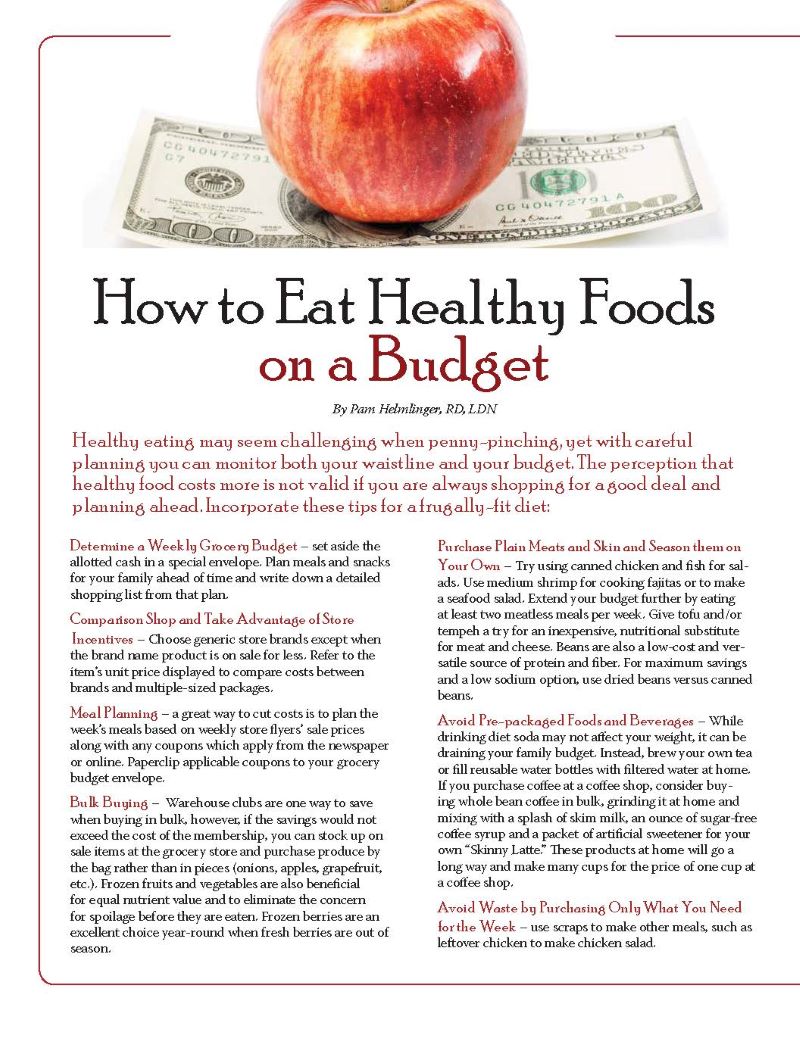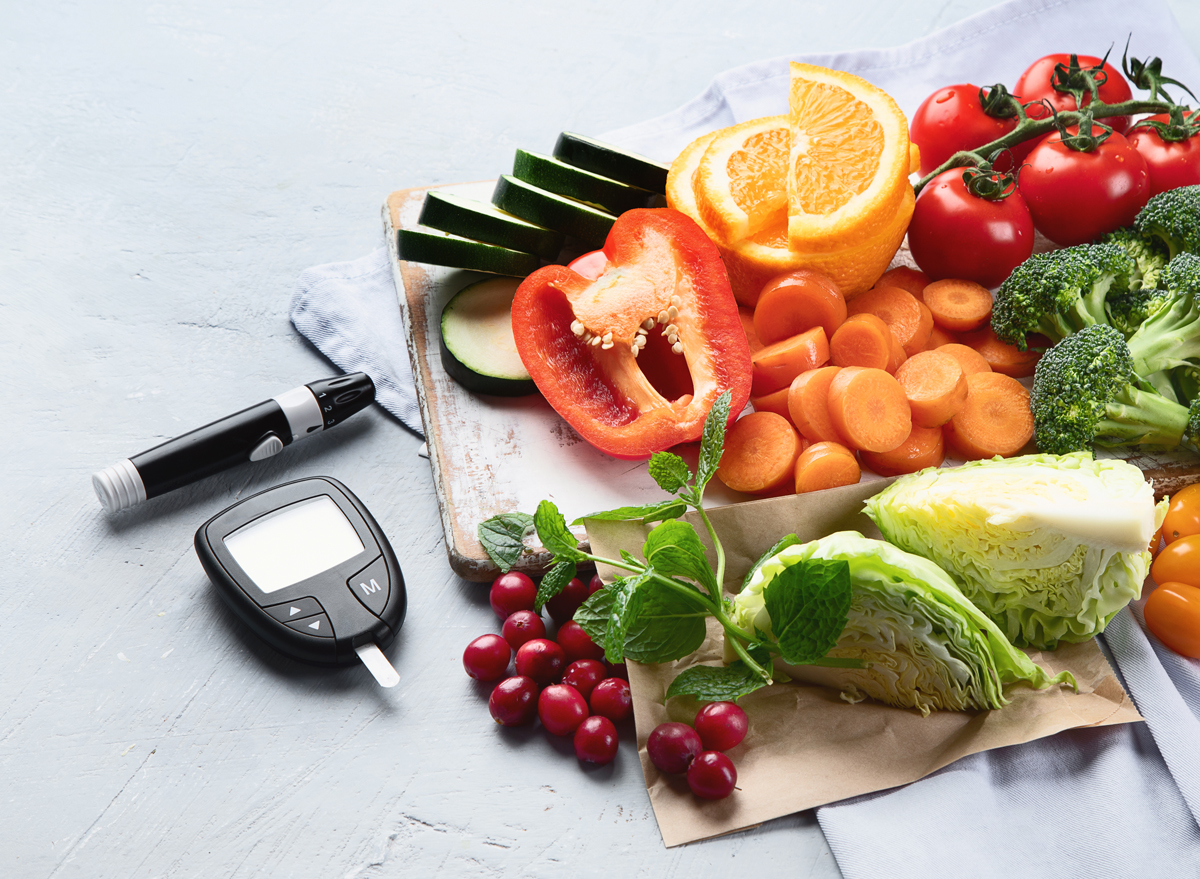
There are many ways to make people live longer. You can reduce the chances of getting diabetes, heart disease and obesity by getting enough sleep. A regular exercise program can also be beneficial in keeping you mentally and physically fit. Healthy eating habits are important to age gracefully.
A study of over five thousand people found that those who eat more fruits and vegetables are less likely to die of cardiovascular disease or Alzheimer's disease. The risk of death is also lower for those who do not smoke. Another study found that people who were physically active have a longer lifespan than those who are inactive.
A study of over 6,000 people found that those who maintain a healthy body weight are less likely to die of cardiovascular disease, cancer, or Alzheimer's disease. According to the study, the body mass index of the best-healthy people was less than 25. Also, those who are the healthiest were less likely to develop cardiovascular disease.

Another study revealed that people can live longer if they eat less sugar or refined carbohydrates. Researchers found that consuming fewer calories can help reduce cell damage. These diets can help to lower inflammation, which is linked with premature death.
Many people believe that longevity is primarily determined genetically. Lifestyle factors play a greater role in the aging process than genetics. It is important that you eat a healthy diet with plenty of antioxidants. Healthy fats are better than saturates or trans fats. This can help lower the chance of developing heart disease or diabetes. These foods are also lower in sodium, which decreases the risk of developing heart diseases.
Strong self-esteem and strong social connections are other factors that can help increase your longevity. Researchers found that people with a strong sense of self were less likely to die from heart disease, stroke, and other illnesses. A lower death rate was found for people who are married or who have children than those who are not. A study found that those who attended religious services had higher levels in immune system proteins.
Getting enough sleep is also important for repairing health. Sleep deprivation can increase the risk of diabetes, heart disease, and cancer. Study participants who slept less than 8 hours a night were more susceptible to dying during the study period.

Studies show that physical activity can help reduce the risk of developing heart disease, stroke, or diabetes. Over five thousand people participated in a study that found that walking five to six miles per day reduced the risk of dying. Exercise can improve your mobility and reduce stress. It can also boost your mood.
Men should invest in their mental health as well as their relationships and family. Research shows that men who have strong connections to others are less likely die from heart disease and stroke. Also, those who had a spouse or mates were more likely to live for longer.
FAQ
What is the working principle of an antibiotic?
Antibiotics are drugs that destroy harmful bacteria. Antibiotics are used for treating bacterial infections. There are many different types of antibiotics. Some are administered topically, while others are given orally.
People who have been exposed are often given antibiotics. One example is if someone has had chickenpox and wants to prevent shingles. Or, if someone has had strep throat, he or she might receive an injection of penicillin to help prevent pneumonia.
Children should not be given antibiotics without the consent of a doctor. Side effects of antibiotics can be more dangerous for children than for adults.
Diarrhea is one of the most common side effects of antibiotics. Other side effects include dizziness, nausea and vomiting, dizziness, stomach cramps, dizziness, allergic reactions, dizziness, dizziness, stomach cramps, diarrhea, nausea, vomiting, allergy, headaches, dizziness, dizziness, dizziness, stomach cramps, and stomach cramps. These side effects are usually gone once the treatment has finished.
What is the best diet for me?
There are many factors that influence the best diet, including your gender, age, weight, health condition, lifestyle, and personal preferences. Also, consider your energy expenditure, your preference for low-calorie food, and whether you enjoy eating fruits or vegetables.
Intermittent fasting might be an option for you if your goal is to lose weight. Intermittent eating means you only eat specific meals throughout the day. It's not like three big meals. This method may work better than traditional diets which include daily calorie counts.
Some studies have suggested that intermittent fasting might improve insulin sensitivity. It may also reduce inflammation. This can lead to a reduction in blood sugar levels, and less risk of developing type 2 diabetes. Intermittent fasting has been shown to promote fat loss as well as improve overall body composition.
How do you measure body fat?
A Body Fat Analyzer (BFA) is the best method to measure bodyfat. These devices can be used to measure body fat percentages in people who are trying to lose weight.
Statistics
- According to the Physical Activity Guidelines for Americans, we should strive for at least 150 minutes of moderate intensity activity each week (54Trusted Source Smoking, harmful use of drugs, and alcohol abuse can all seriously negatively affect your health. (healthline.com)
- WHO recommends consuming less than 5% of total energy intake for additional health benefits. (who.int)
- Extra virgin olive oil may benefit heart health, as people who consume it have a lower risk for dying from heart attacks and strokes according to some evidence (57Trusted Source (healthline.com)
- nutrients.[17]X Research sourceWhole grains to try include: 100% whole wheat pasta and bread, brown rice, whole grain oats, farro, millet, quinoa, and barley. (wikihow.com)
External Links
How To
27 Steps to a Healthy Lifestyle if Your Family Only Buys Junk Food
It is easy to eat healthy when you cook at home. However, this is often difficult because people do not know how to prepare healthy meals. This article will offer some suggestions on making healthier choices when dining out.
-
Look for restaurants that offer healthy choices.
-
Order salads, vegetables and meat before placing your order.
-
Ask for sauces made without sugar.
-
Avoid fried items
-
Instead of ordering fried meats, request grilled meats.
-
Do not order dessert unless you really need it.
-
You should always have something else after dinner.
-
Always eat slowly and chew your food thoroughly.
-
When you eat, drink plenty of fluids.
-
You should not skip breakfast or lunch.
-
Every meal should include fruit and vegetables.
-
Choose milk over soda
-
Try to avoid sugary drinks.
-
Limit salt intake in your diet.
-
Try to limit the number of times you go to fast food restaurants.
-
Ask someone to come along if you are unable to resist temptation.
-
Make sure your children don't spend too much time on TV.
-
Keep the television off during meals.
-
Avoid energy drinks
-
Regular breaks from work are important.
-
Get up early in the morning and exercise.
-
Exercise everyday.
-
Start small and progress slowly.
-
Set realistic goals.
-
Be patient.
-
Even if you don’t feel like it, find the time to exercise.
-
Use positive thinking.